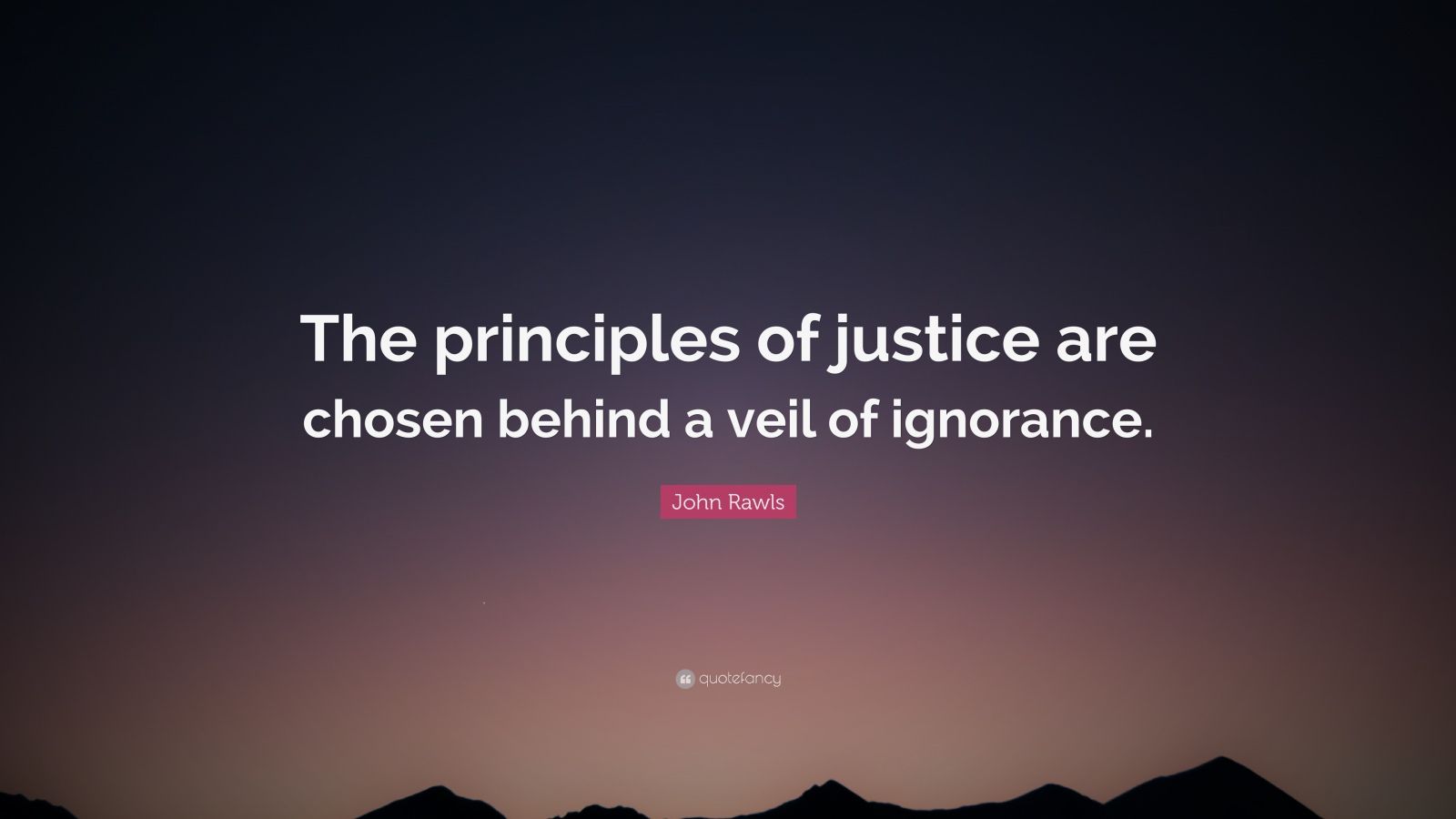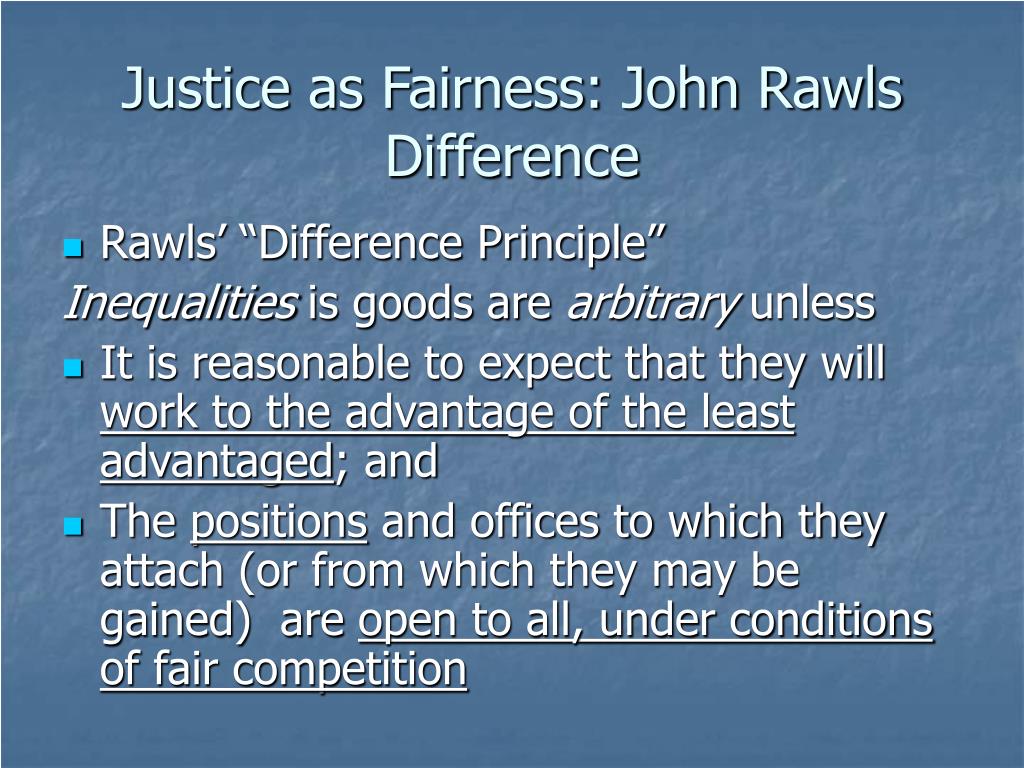

He was unsure about a career but ended up majoring in philosophy. Rawls attended mainly private schools before entering Princeton in 1939. The second of five sons, Rawls tragically contracted and passed on infectious diseases to two of his brothers who died from them. His mother was a women's rights activist. His father, a corporate lawyer, supported President Franklin Roosevelt and the New Deal. John Rawls was born in Baltimore, Maryland, in 1921.

He took an old idea, thought of a fresh way of using it, and came up with principles for a just society. Many consider John Rawls the most important political philosopher of the 20th century. As principles of distributive justice, Rawls’s two principles of justice purport to specify key constraints on the institutional structure of a society within which the claims of all citizens, taken simply as free equals, are properly balanced at the most basic level.Justice The Whiskey Rebellion and the New American Republic | Cicero: Defender of the Roman Republic | "Justice as Fairness": John Rawls and His Theory of Justice 'Justice as Fairness': John Rawls and His Theory of Justice Rawls aims to identify the conception of distributive justice most appropriate for a democratic society, that is, a society within which each and every citizen has as a free equal the same claim on its basic social structure understood as a system of cooperation for the mutually advantageous production and distribution of primary social goods.


With respect to primary social goods, he understands the solution to this problem to be a matter of pure procedural justice: that is, a just allocation of primary social goods to nameable individuals is just whatever allocation follows from the fair procedure of their freely acting within, and in accord with the rules of, a distributively just basic social structure. Importantly, for Rawls distributive justice does not specify a property of any particular allocation of primary social goods to nameable individuals. A basic social structure is distributively just when it properly balances the competing claims of citizens on it, understood as a cooperative system for the production and distribution of certain primary social goods (TJ 4–5). Rawls understands the concept of distributive justice to specify a property of these institutions. John Rawls’s justice as fairness includes a theory of distributive justice for the basic structure of society – the collection of background social, economic, and political institutions within which citizens pursue their everyday activities.


 0 kommentar(er)
0 kommentar(er)
